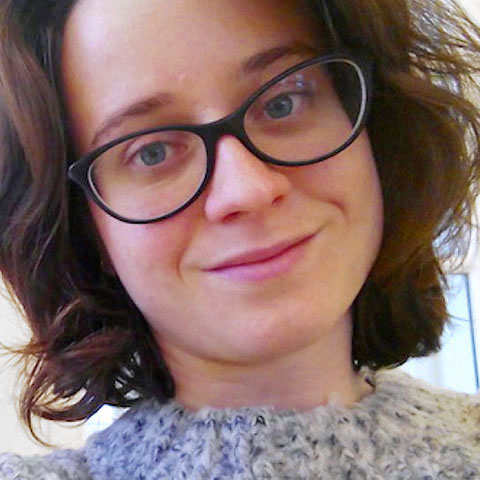KLI Colloquia are invited research talks of about an hour followed by 30 min discussion. The talks are held in English, open to the public, and offered in hybrid format.
Fall-Winter 2025-2026 KLI Colloquium Series
Join Zoom Meeting
https://us02web.zoom.us/j/5881861923?omn=85945744831
Meeting ID: 588 186 1923
25 Sept 2025 (Thurs) 3-4:30 PM CET
A Dynamic Canvas Model of Butterfly and Moth Color Patterns
Richard Gawne (Nevada State Museum)
14 Oct 2025 (Tues) 3-4:30 PM CET
Vienna, the Laboratory of Modernity
Richard Cockett (The Economist)
23 Oct 2025 (Thurs) 3-4:30 PM CET
How Darwinian is Darwinian Enough? The Case of Evolution and the Origins of Life
Ludo Schoenmakers (KLI)
6 Nov (Thurs) 3-4:30 PM CET
Common Knowledge Considered as Cause and Effect of Behavioral Modernity
Ronald Planer (University of Wollongong)
20 Nov (Thurs) 3-4:30 PM CET
Rates of Evolution, Time Scaling, and the Decoupling of Micro- and Macroevolution
Thomas Hansen (University of Oslo)
RESCHEDULED: 18 Dec (Thurs) 3-4:30 PM CET
Chance, Necessity, and the Evolution of Evolvability
Cristina Villegas (KLI)
8 Jan 2026 (Thurs) 3-4:30 PM CET
Embodied Rationality: Normative and Evolutionary Foundations
Enrico Petracca (KLI)
15 Jan 2026 (Thurs) 3-4:30 PM CET
On Experimental Models of Developmental Plasticity and Evolutionary Novelty
Patricia Beldade (Lisbon University)
29 Jan 2026 (Thurs) 3-4:30 PM CET
Jan Baedke (Ruhr University Bochum)
Event Details

Topic description:
The coupling between compartment and metabolic dynamics is one of the central features that define all living organisms, as intrinsically cellular systems. Given the complexity of such a coupling in any extant cell, I will take a genealogical approach to the problem. This involves moving from biology to chemistry; but not any kind of chemistry. I consider that the recently emerged field of systems chemistry, which studies diverse mixtures of organic molecules in interaction, constitutes the most appropriate current platform to study the appearance and early development of prebiotic phenomena. It proposes a chemical scenario for the origins of life that is completely different from the ‘established view’ (i.e., the RNA-world view), which assumes that populations of naked biopolymers could evolve directly from chemistry and then, thanks to natural selection, towards living entities. Instead, systems chemistry pays attention to primitive forms of protocellular organization, as a much more plausible prebiotic pathway. In this context, my aims are: (i) to describe a crudely simplified protocol model that illustrates how this basic coupling between chemistry and compartment could have started taking shape in the primitive Earth; and (ii) by means of (i), explore whether this could provide new insights into the problem of characterising biological individuality and function in a minimal sense. Thus, I will try to show how research in chemistry could actually contribute to the naturalization of fundamental ideas for biology, like function and individuality.
Biographical note:
- Bachelor in Biology and Masters in Molecular Biology and Biomedicine at University of Basque Country (UPV-EHU)
- Currently a PhD student in Philosophy of Science within the IAS-Research Group (http://www.iasresearch.net/) and the Biofisika Institute (http://biofisika.org/) within a project called “Searching for the roots of biological function and individuality from a 'systems chemistry' approach” under the supervision of Dr. Kepa Ruiz-Mirazo.
- Part of the experimental work carried out during my PhD was done in collaboration with the group of Prof. Robert Pascal at the University of Montpellier (UM2/CRNS), France.
- KLI ‘Writing-Up’ Fellow (Oct 2016 - Mar 2017).


